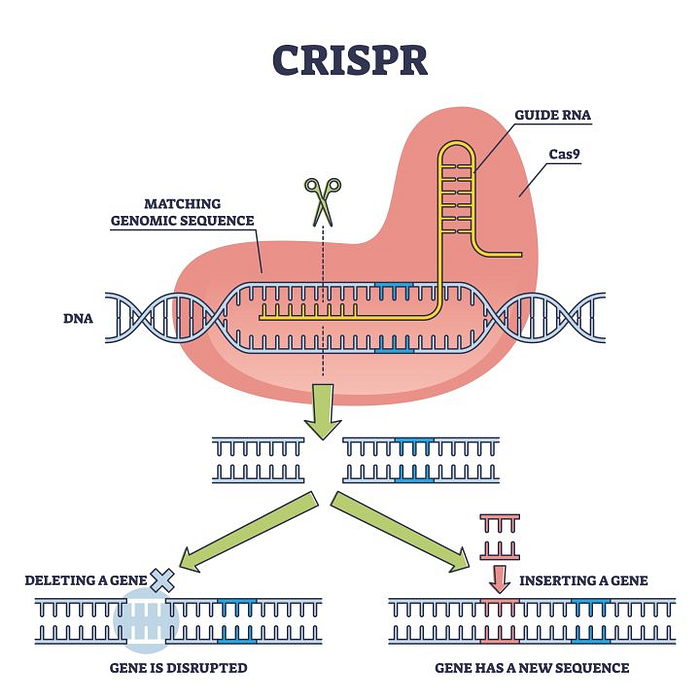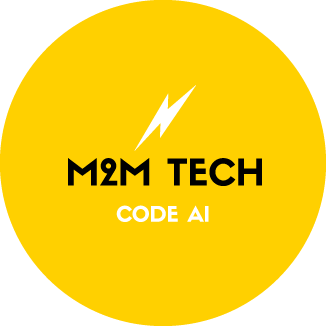AI has arguably emerged as a transformative force within the fields of genomics and personalized medicine, with the capacity to reshape how we view the field of healthcare as a whole. Through the analysis of genomic data, AI has shown the capacity to custom-tailor treatments and interventions based on a patient's genetic makeup-something that was not traditionally possible in the field of Western medicine. Despite the immense potential of AI in the healthcare sector, there are also critical concerns that may be posed regarding the data privacy, and ethics of it all.
“ Exploring how AI is pioneering a new, data-driven era in genomics, and transforming medicine as a whole. ”
Implications of AI in Genomic Data Analysis
Of the most compelling abilities of AI in medicine is its capacity to predict disease risk prior to symptoms manifesting, and with a shockingly high rate of accuracy too. This is done through the identification of complex patterns underlying genetic predispositions to disease.¹ For instance, a 2020 study performed by Mehrotra et al. demonstrated that an ML model trained on MRI datasets was able to classify brain tumors with a 99.04% accuracy rate, rivalling the skills of even experienced physicians.² Evidently, the precision of AI in such matters underscores its utility in revolutionizing the field of diagnostics.
The Role of AI in Precision Medicine
- Predicting Risk of Disease: AI models effectively predict susceptibility to specific diseases, allowing healthcare practitioners to design preventative treatments that ensure patients remain healthy.¹
- Determining Drug Response: By examining genetic profiles, AI better predicts how patients will react to certain medications, surpassing traditional computational models used in the pharmaceutical industry.³
- Enhancing Gene Editing: AI, when combined with genome-editing techniques like CRISPR, identifies target sites for gene editing, significantly improving the precision and efficiency of CRISPR technology.⁴

Mutagenesis Lab, University of Padova. (n.d.). CRISPR mechanism illustration [Infographic]. University of Padova. https://www.unipd.it/en/
Ethical Concerns
In spite of its applications appearing promising, the usage of AI in healthcare may raise some critical ethical concerns.
- Breaches in Data Privacy: Genomic data contains highly sensitive information, making secure storage and usage imperative to maintaining public confidence. AI-based solutions risk eroding popular confidence if blunders like the 2023 data breach at 23andMe — where the private data of 6.9 million users was compromised — are repeated.⁵
- Regulatory Oversight: The rapid pace of innovation means that robust regulations must be enforced to ensure AI applications in genomics are safe and effective. Since AI in medicine is relatively new, rigorous testing and regulation of these novel solutions and their efficacy is essential to ensure patient safety is upheld.³
Conclusion
Integrating AI into genomics and medicine as a whole introduces solutions that were traditionally unattainable in the field of medicine. Although there is still room for growth and development, leveraging AI algorithms and machine learning to analyze rich datasets will undoubtedly allow medical professionals to personalize healthcare solutions to account for their patient's needs on a more individualized basis. As AI continues to evolve, one would hope that its role in genomics and precision medicine does as well, creating new possibilities for enhancing human health and longevity.
Here at M2M Tech, we specialize in partnering with clients in various sectors-including healthcare-in order to develop tailored AI solutions to address the challenges they face.
Want to integrate or deploy AI solutions in healthcare, genomics, or precision medicine?
Contact us today for a consultation!
Contact UsReferences
- Springer, “An Overview of Artificial Intelligence in the Field of Genomics,” accessed November 30, 2024. https://link.springer.com/article/10.1007/s44163-024-00103-w.
- Mehrotra, S., et al. “Artificial Intelligence in Medical Imaging: Brain Tumor Detection Using MRI.” AI in Precision Medicine, 2020. https://www.sciencedirect.com/science/article/pii/S2666827020300037.
- MDPI, “Artificial Intelligence and Machine Learning in Precision and Genomic Medicine,” accessed November 30, 2024. https://www.mdpi.com/1999-4923/16/10/1328.
- Wired, “Combining AI and CRISPR Will Be Transformational,” accessed November 30, 2024. https://www.wired.com/story/combining-ai-and-crispr-will-be-transformational.
- TIME, “23andMe Hack Breaches 6.9 Million Users' Info, Including Some's Health Data,” accessed November 30, 2024. https://time.com/6342551/23andme-hack-health-data-profiles-compromised.
- Mutagenesis Lab, University of Padova. (n.d.). CRISPR mechanism [Illustration]. Retrieved January 11, 2025, from https://mutans.biologia.unipd.it/en/crispr-mechanism/.







